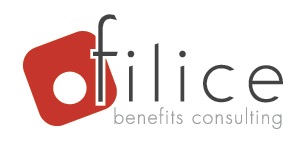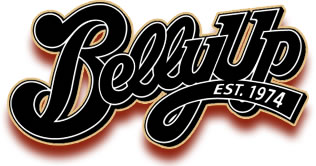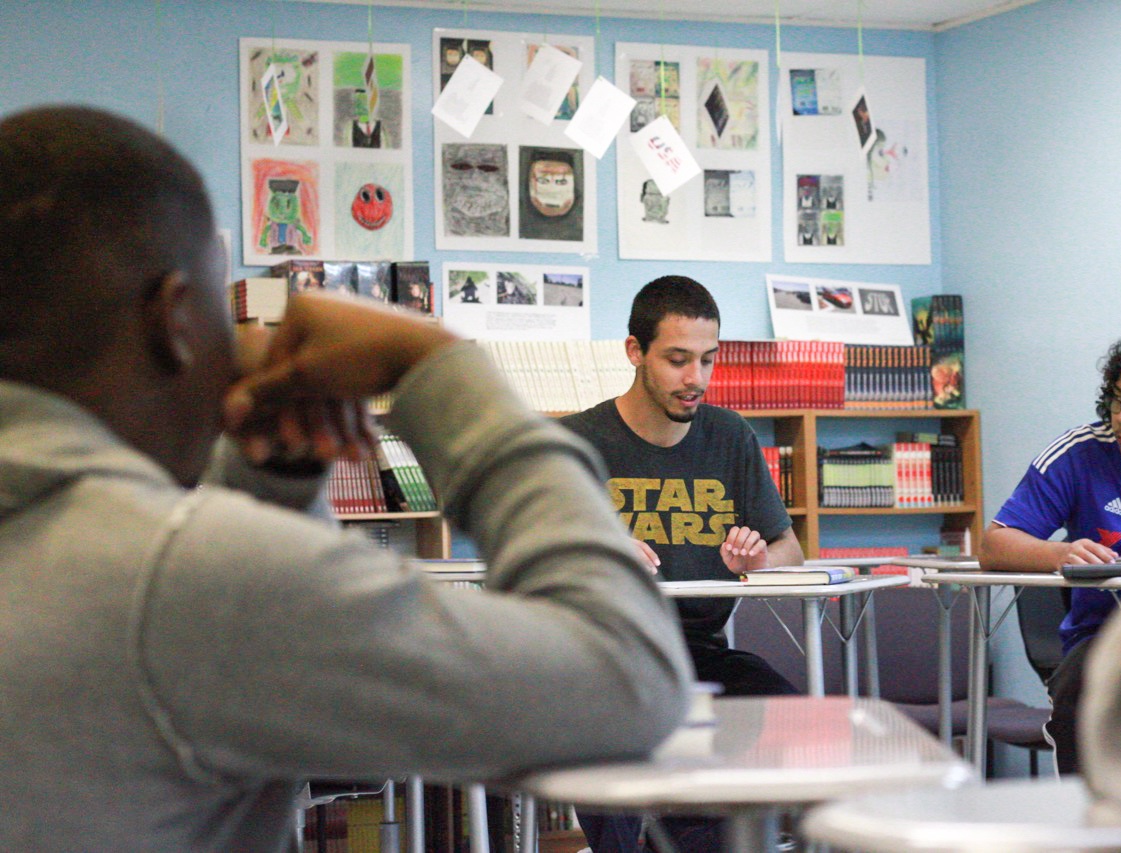By Jennifer Van Pelt
An image of two children standing in a green field while reading books.
Our minds go through an entire array of thoughts, feelings, and emotions while we read. There are also numerous background activities going on in the brain while we read that enhance literary experiences and can have both short and long-term effects on the reader.
What Happens While You’re Reading A Book?
To you, reading may just seem like a daily task, requiring you to repeatedly run your eyes across the page to get the information you desire. However, an article on the Open Education Database (OEDB) enumerates several other processes our minds perform in the background to allow reading to give us the knowledge and satisfaction we need.
The first on the list: visualization while reading is involuntary. The article states that visual imagery is simply an automatic reaction that doesn’t require an outside prompt. This allows the reader to simultaneously imagine whole new worlds as the words on the page slowly piece it together for them. Also mentioned in the OEDB article, our brain doesn’t make a distinction between reading about an experience and actually living it. The same neurological regions are stimulated despite if it is a real experience, or just reading about one.
What Happens After You Finish the Book?
Fiction books are meant to pull the readers in and create connection to the characters, empathizing with them in the process. After a few hundred pages of relating to the main characters, it can be tough when the book inevitably ends, severing the connection between the reader. In these cases, when you have been completely enveloped in a novel, people have said they experience a “Book Hangover”. These are generally experienced after those books you can’t put down, or after a cliffhanger conclusion. Although there is no science behind why people experience these literary “hangovers”, an article by Psychology Today summarizes three aspects of art in literature that can affect personality, long after you’ve closed the back cover:
Reading fiction can give you social expertise, by allowing you step into the world of the characters and navigate through social situations with them.
Literature can destabilize personality by enabling the reader to empathize through the ups and downs of the plot. This can in turn allow the reader to open up to their own inner experiences.
Literature is an indirect communication method that encourages the reader to make inferences about how the characters are feeling. In the same way that people learn to understand how and why people feel the way they do, literature helps one understand in a similar way.
Words Alive knows that reading is not only an engaging activity for the mind, but it can have long lasting effects on the social and emotional side of the reader as well. We aim to provide the tools needed to underserved students and families so that they can fully reap the benefits of reading. If you would like to learn more about the programs that we offer and get involved, visit our page here.
Sources:
https://oedb.org/ilibrarian/your-brain-on-books-10-things-that-happen-to-our-minds-when-we-read/



















